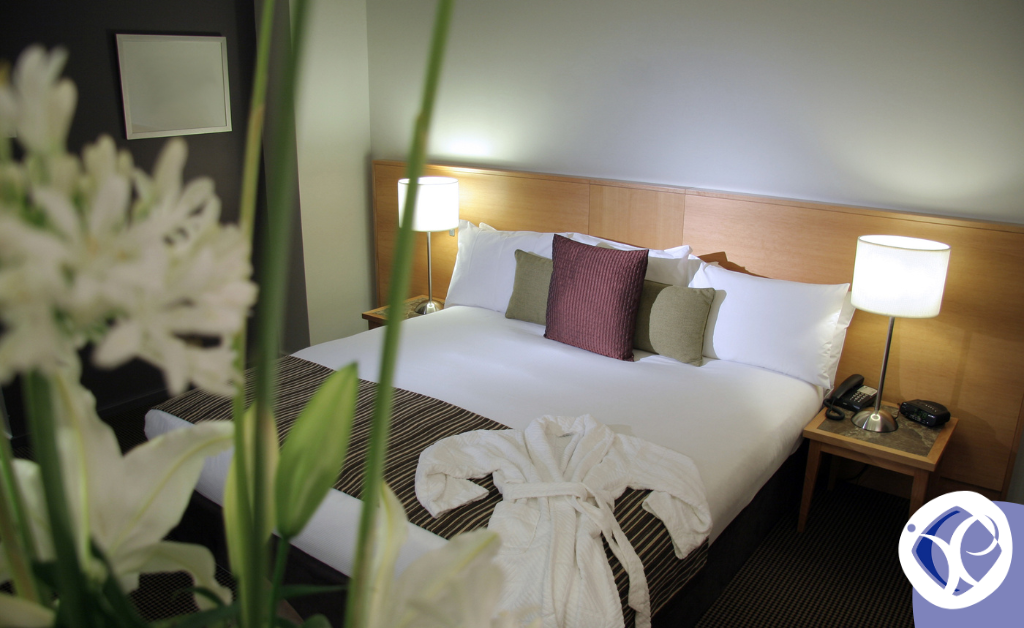What are the implications of transferring assets abroad if you own a Furnished Holiday Letting (FHL)?

(3-minute read)
We will cover:
- Tax reliefs you can get as an owner of a Furnished Holiday Let (FHL)
- Tax implications of transferring assets abroad
What is Furnished Holiday Letting?
An FHL is treated as a trading activity for Income Tax, Corporation Tax, and Capital Gains Tax (CGT) purposes.
However, when it comes to National Insurance (NI) purposes, FHL profits are considered as investment income and not earnings, which implies no NI contributions are payable on profits made by an individual.
However, keep in mind that FHL losses cannot be offset against other income for Class 4 NIC purposes.
Tax Reliefs for FHL Businesses
Qualifying FHL businesses can avail a number of CGT reliefs not typically available to letting businesses.
These include Rollover Relief, Gift Relief, Business Asset Disposal Relief (BADR), Relief for loans to traders, and Substantial Shareholding Exemption (SSE) for companies.
If a gain is rolled over into an FHL and the property is later disqualified from FHL status, there is no clawback of tax relief, provided that the initial conditions for rollover were met.
Income Tax Implications
There are other Income Tax implications to be aware of as well.
For instance, FHL profits are relevant earnings for pension contribution purposes.
Moreover, profits from an FHL business held jointly by spouses or civil partners may be split as the owners desire for Income Tax purposes, instead of the default 50:50 split.
Capital Allowances and Interest Restrictions
Capital allowances can be claimed on all plant and machinery expenditure, and restrictions to relief for mortgage interest and other finance costs don’t apply to FHL businesses.
VAT Registration for Foreign FHL Owners
If you’re a foreign FHL owner without a fixed establishment or business in the UK, you need to register for VAT as soon as you make a taxable supply.
Rules About FHL Losses and Inheritance Tax
FHL losses are restricted for Income Tax and can only be carried forward against profits made from the same UK or European Economic Area (EEA) FHL business.
Additionally, an FHL might qualify for Inheritance Tax Business Property Relief (BPR) if substantial additional services are provided besides property letting.
Qualifying as an FHL
To qualify as an FHL, the accommodation must meet certain conditions.
It must be furnished, located in the UK or EEA, and be available for commercial letting to the public as holiday accommodation for at least 210 days in a year.
Furthermore, it should be let as holiday accommodation for at least 105 days in the year.
Long-term Occupation and FHL
Long-term occupation periods (more than 31 days in the same occupation) can’t count towards the 105-day letting test or exceed 155 days in total in the year.
If the 105-day letting test isn’t met, it might be possible to make a period of grace election or averaging election to preserve FHL status.
FHL for Income Tax or Corporation Tax Purposes
A letting business might fail to be an FHL for Income Tax or Corporation Tax purposes if it doesn’t meet all the FHL qualifying conditions.
However, it may still qualify as a business asset for certain CGT reliefs.
Conclusion
Understanding these rules and regulations can help you effectively transfer your assets abroad while avoiding any unnecessary tax liabilities.
With our help, you can navigate this complex landscape.
Contact us today at 01772 788200 to find out more about how we can help, or WhatsApp us out-of-hours at 07787 010190.
Sending an e-mail is simple too, just fill out this short form and we’ll get back to you!
Kind regards Ilyas
